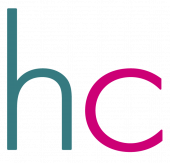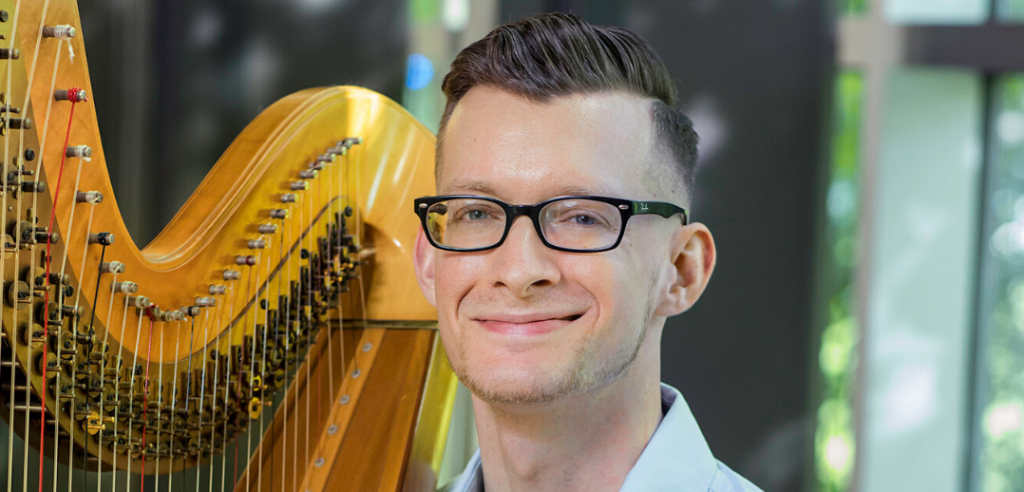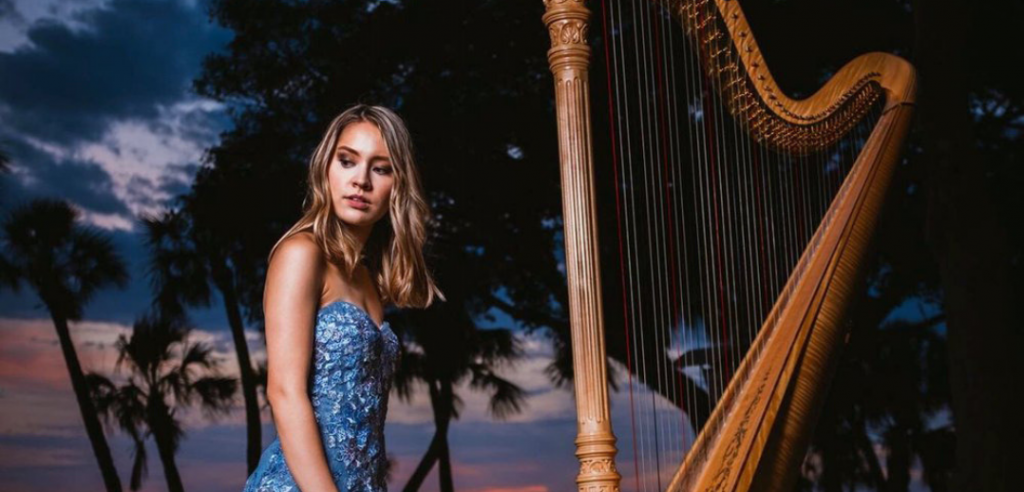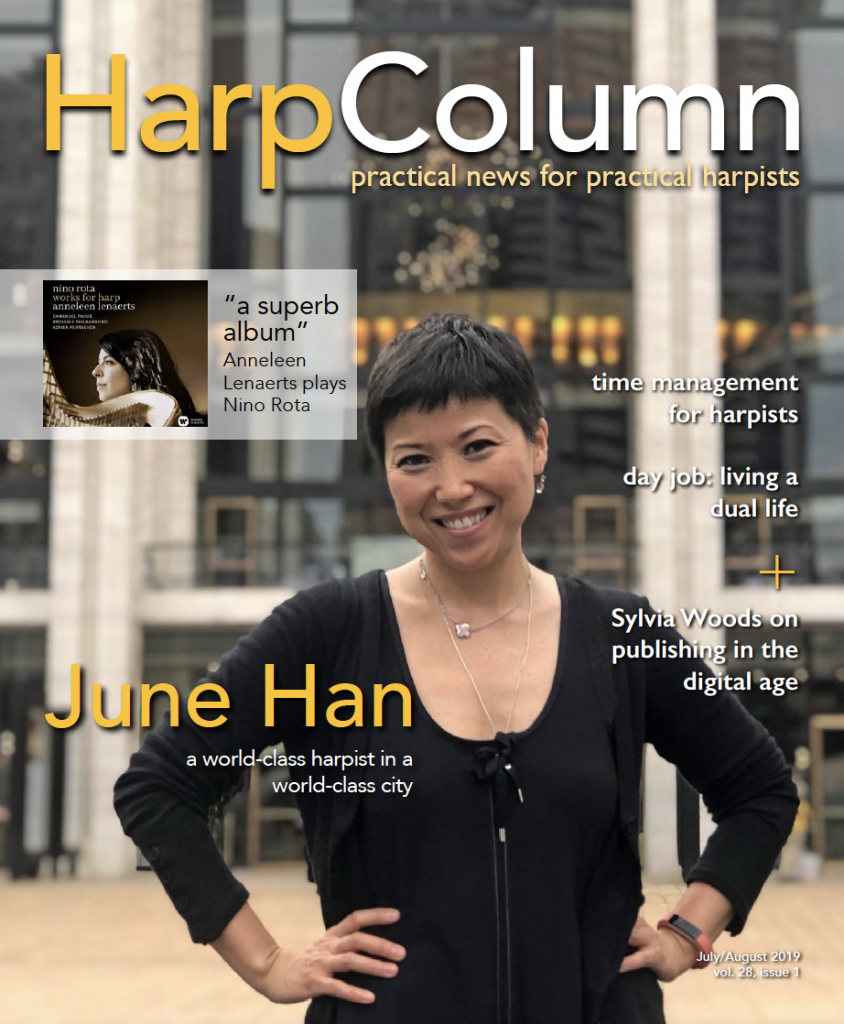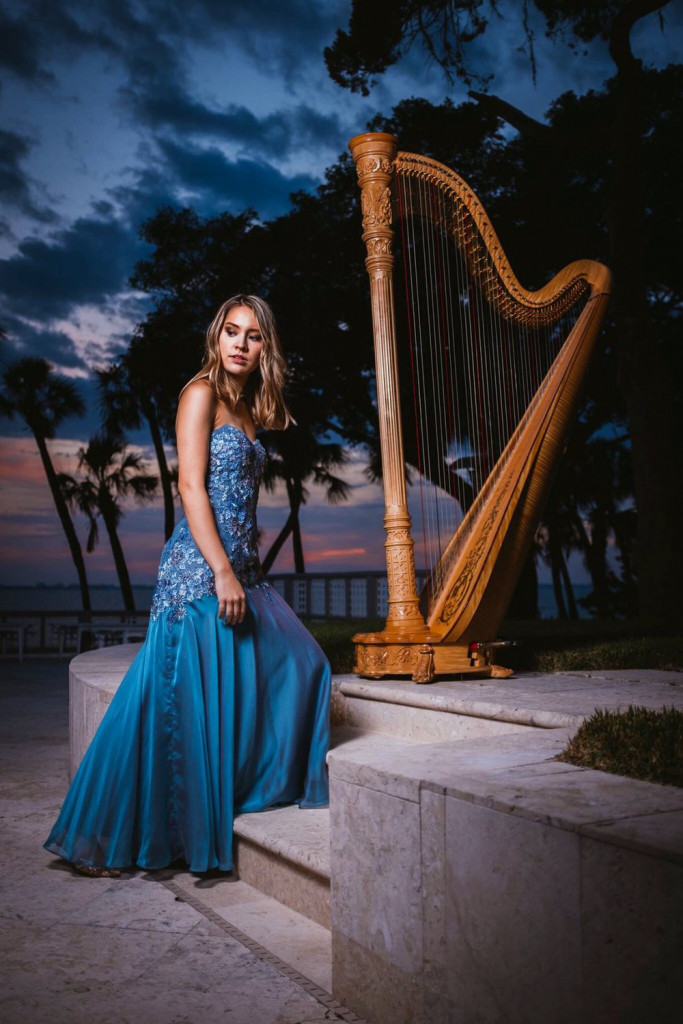
In 2016 Katherine Siochi became only the second American to win the gold medal at the USA International Harp Competition. A year before that, she earned the American Harp Society’s Concert Artist title by winning the Young Professional Division of its National Competition. Now several years removed from her impressive winning streak, Siochi is navigating the early years of her professional career in Sarasota, Fla., where she is principal harpist with the Sarasota Orchestra.
Tell us what you’ve been up to since graduating with your master’s degree in 2017.
I went to Juilliard for both my undergrad and grad school. I’m very grateful to Nancy Allen, who I had the opportunity to study with for six years, and to my amazing peers who inspired me every day. Just one week before graduating in May 2017, the Sarasota Orchestra held its principal harp audition. The timing couldn’t have worked out better. I was so lucky to win the position, and I moved and started working here in September 2017. Aside from being in the orchestra, I teach several students, freelance in the area, and travel for solo concerts.
What’s the best thing about being a professional musician?
To create art and connect with others on a deep, spiritual level is such a blessing, and to call that work is truly special.
What’s the hardest thing about being a professional musician?
The hardest thing is being taken for granted and not being valued for your work. It can be very disheartening to be asked to do certain things for free, when countless hours have been put into painstakingly preparing to the highest standard. This doesn’t happen in most other industries. Now that I’m no longer a student, nothing frustrates me more than people expecting me to do something purely for the “experience” or because it’s “good exposure.”
What has been the most unexpected thing about your professional life so far?
I actually didn’t expect to end up in an orchestra so soon, or to live in Florida. I had been planning on staying in New York and freelancing after graduation.
Treat every performance with the same high quality. You never know who is listening.
What did you want to do for a living when you were younger?
I knew ever since I was young that I wanted to be a musician. I started playing the piano when I was 5, but I didn’t think I would be a harpist until later in high school. I was pretty serious about both the piano and the harp as a teenager, and I had a hard time choosing which instrument to study in college.
What is one thing you have learned since graduating that you wish you had known while you were in school?
Not everyone is going to like you or your playing, and that doesn’t matter. It’s impossible to please everyone. It’s so much more important to be authentically you because everyone has something unique to bring to the table, and that’s what makes music interesting. People can tell when you are genuine in your music, and at the end of the day, that’s what will make you stand out.
What does a typical day look like for you?
Every day is totally different. The orchestra usually has rehearsals at the beginning of the week and then anywhere from three to five concerts later in the week. On a weekday I might have a rehearsal, practice for a few hours, and teach a couple lessons. Almost none of my students have regular lesson days because our schedules are so varied, so that’s always changing. Recently I had a day where I gave two solo concerts, went to an orchestra rehearsal, then taught a lesson. So on some days I’m really busy, but other days I have lots of time to do things like practice, meal prep, meet up with friends, relax, etc. I actually find it harder to remain focused and motivated on the days where I have more free time.
How do you prioritize practicing in your working life?
Practicing really is a huge part of my working life, especially on days where I don’t have many other commitments on my schedule. I consider it just as much a part of my job as any outside commitments like orchestra rehearsals, lessons, or gigs. I always try to fit it into every single day—some days might only be 30 minutes, other days it could be several hours. I pretty much always have some sort of solo concert in the near future, so I have to be maintaining programs and adding to my repertoire.
How do you use social media to help your business without it mucking up your life?
I think social media can be a very valuable tool for our businesses. It’s there to help us, and we should use it. The main platform I use is Instagram, which can be very effective because photos and videos are a powerful way to draw people in. Instagram has allowed me to connect with tons of harpists around the world, make new friends, plug my performances, and even gain some new students. Like with all social media, though, it can also create a very unhealthy environment where we compare ourselves to others and feel like we don’t measure up. We feel jealous or disappointed in ourselves because others seem to be achieving more. The number one thing to remember is that Instagram is just showing us everyone’s highlight reel, and we need to take it with a grain of salt. We only share the most impressive things from our lives because we want to make ourselves look good, and that’s not a bad thing. If we’re using it for a business, of course we need to showcase our strengths. But I think a balance can be achieved between this and keeping things honest. While I post publicity materials, videos of my playing, and photos from exciting performances, I also try to share my struggles and the realities of day-to-day life. I’m just a normal person who sometimes deals with anxiety, frustration, and becoming overwhelmed, like everyone else, because let’s be honest, being a musician is stressful. I don’t want people to think I’m perfect, and I’ve found that I’ve been able to connect with others so much more when I’m relatable. I actually don’t think it’s necessary to have separate personal and professional accounts, because people appreciate it when they see the real you.
What is the last new piece you learned?
Un Sospiro by Liszt and Bariolage by Elliott Carter. I learned Bariolage before, but very hastily—in about two weeks—for a class at Juilliard. Now I’m trying to actually polish it and perform it from memory.
What music are you listening to right now?
Some bands and artists I’ve had on repeat lately are The National, Sigrid, Chvrches, Ólafur Arnalds, and anything Yuja Wang.
What’s the best thing you’ve done to get more gigs?
Just be nice to people and be approachable. You never know when someone you meet at a performance will come back to you later with an opportunity because they liked you—not just your playing, but you as a person.
What is one thing you’ve learned not to waste your time on?
It’s something I’m still working on, but I’m trying to learn how to let go of criticism and negative feedback if it isn’t valid. Even if something I’ve done receives lots of praise, I let one or two pieces of criticism really get to me, and I fixate on them, letting them overshadow all of the positivity. I’m learning that it’s not worth wasting my mental energy on this! •





